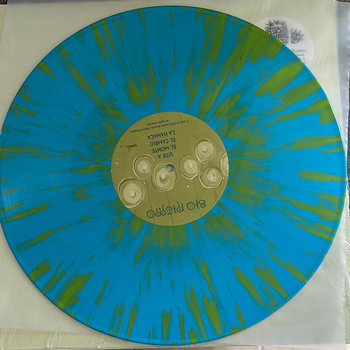
Records from a diverse community of Latin musicians in the Americas and around the world can be found on Bandcamp. Each month, Maria Barrios will cover the best in cumbia, Afro-Latin dance music, Latin soul, bossa nova, and everything in between.
Featuring marching bands from the Guatemalan highlands and Caribbean psych jazz from the streets of Madrid, here are 10 records from the last two months illustrating Latin music excellence.
Grupo Irakere
Grupo Irakere
Elevated bebop horn lines, explosive Afro-Cuban percussion, and funked-up vocals shine in this reissue of Grupo Irakere, the self-titled debut by the pioneering Cuban jazz band.
Founded in 1973 and led by pianist Chucho Valdés, Grupo Irakere showcased the best musicians of a new generation of Cuban jazz. Lyrics sung in Yoruba punctuated by radical trumpet lines played by virtuoso Arturo Sandoval made Grupo Irakere the harbingers of a new sound: an experimental, all-encompassing mix of Afro-Cuban folklore, Cubop, and rock ‘n’ roll. Embracing both Cuban and American rhythms, transcending the politics that tarnished the relations between the countries, Irakere modernized Latin jazz and launched a fruitful career that lasted well into the late 1990s.
Ary Lobo
Ary Lobo 1958-1966 (Limited Dance Edition No.19)

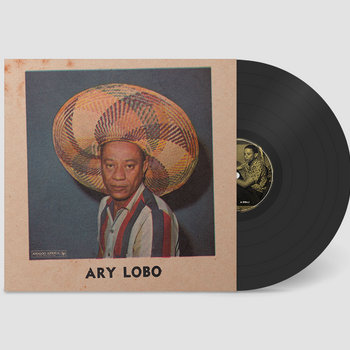

Vinyl LP

A staunch practitioner of forró, a style of northeastern Brazilian roots music, composer, and singer Ary Lobo left his native Belém for Rio de Janeiro sometime in the 1950s in search of a record contract. After a failed first audition, Lobo went on to record over a dozen successful albums for RCA Victor between 1956 and 1966. Whirling accordion and percussive patterns of zabumba and triangle accompany Lobo’s cheerful vocals; his smooth delivery seamlessly zigzags through a repertoire that included Afro-Brazilian styles such as baião, batuque, and côco. Representing the plight and joy of rural living, and tracing back to indigenous, European, and African music, Lobo consolidated himself as one of the foremost ambassadors of northeastern Brazilian song making.
The San Lucas Band
La Voz de las Cumbres (Music of Guatemala)
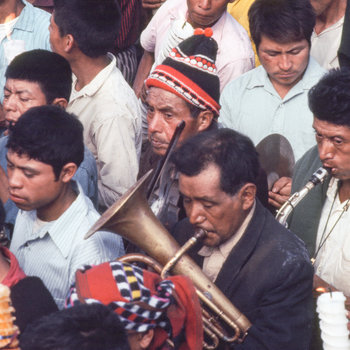
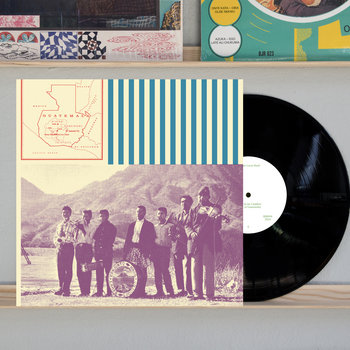

Vinyl LP

Recorded in 1974 in the Guatemalan highlands, La Voz de Las Cumbres (Music of Guatemala) by Kaqchikel Mayan ensemble The San Lucas Band is a unique testament to both Pre-Columbian musical traditions and post-colonial Catholic customs. Favoring free structures and dissonant tones, The San Lucas Band—also known as Orquesta de San Lucas and Conjunto La Voz de Las Cumbres—played a repertoire of Mexican rancheras, Guatemalan sones, and “saetas” (funeral dirges) for the entirety of the celebration of Holy Week. Carrying a bass drum, cymbals, saxophone, and cornet, amongst other instruments, the members of the marching band accompanied the procession where townspeople carried offerings of ripe fruit, orchids, and incense. During the ritual, which ended with enshrining effigies of Old Mam (a Mayan deity) and Jesus, the music of The San Lucas Band provided a means to connect with the spiritual world—but this did not exclude a little dancing. In La Voz de Las Cumbres (Music of Guatemala), wailing violin, elastic percussion, and tonally rich horns stretch and waltz freely, equal parts festive and sacred.
Cuarteto Yemayá
El Tic Tac

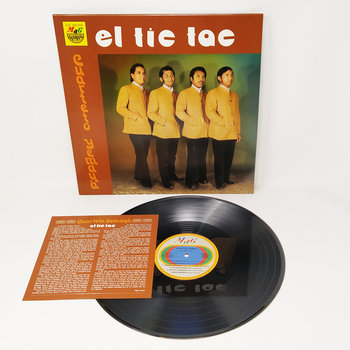

Vinyl LP

Released in 1971, El Tic Tac was Cuarteto Yemayá’s debut for the famed Cuban revival music label Discos MAG. Lead by the razor-sharp electric guitar leads of Pancho Acosta, and accompanied by conga, timba, and bass, Cuarteto Yemayá played their brand of descarga, trova, and guaracha, with picaresque lyrics and Andean-inspired, near psychedelic instrumentation. In a lane of their own on the Peruvian cumbia front that rose in Lima in the 1960s, Cuarteto Yemayá delivered an outstanding record: 12 popular songs made for the dancefloor.
Candeleros
El Bululú
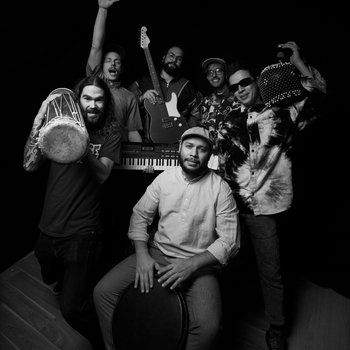

A self-described “psychedelic ritual guided by the trance of percussion, guitar, and synthesized melodies,” Candeleros is a Caribbean music sextet based in Madrid, Spain. Opening with “La Meseta,” a steamroller take on Afro-Venezuelan rhythms blended with Turkish folk, with El Bululú, Candeleros delivers a fine-tuned follow-up to the mix of Caribbean music, psych rock, and futuristic cumbia on their 2017 self-titled EP. In “Le Quedan Dos,” raw percussion and spaced-out synths create dubby breaks that blend with the surf guitar sound of classic cumbia and a gaita de tambora arrangement; a nod to Venezuelan folk music. Although far away from the warmth of the Caribbean Sea and the tropical coast of Kingston, El Bululú sees Candeleros for what they are: gifted immigrant musicians fiercely representing Latin American music in Europe.
MC Soffia
It Girl


It is no mystery that the communion between African American and Afro-Brazilian music has been an integral part of cultural expression in Brazil, where Afro-Brazilian artists continue to fight for visibility and against racism. A recording artist since she was 12, 19-year-old MC Soffia rises from the São Paulo music scene as nothing short of a prodigy. Rapping against machismo with a high-speed flow that rivals that of veteran artists, MC Soffia uses dembow, trap, baile funk, and flourishes of música popular brasileira to sing about women’s empowerment and the uplifting of disenfranchised communities. Emerging as an unruly people’s princess, MC Soffia continues Brazil’s long tradition of musical innovation.
Ene Ese
Saturno y La Luna


Hailing from Quito, Ecuador, Ene Ese is the project of producer, beatmaker, and DJ Sergio Castro. Bass-heavy with complex frequencies that touch on electronic, club, and dub music, the thematic centerpiece of Saturno y La Luna, Castros’s second EP, is reciprocity between opposing celestial objects. Through processed percussion and cavernous transitions where beats are emphasized by masculine and feminine voices, Castro delves into the symbiotic relationship between Saturn and the Moon, where Saturn symbolizes discipline and strength, and the Moon embodies rebirth, light, and feminine power. Weaving a rich sonic landscape, Castro underscores their complementary aspects rather than their oppositional ones. Standout track “Divinidad” highlights Afro-Ecuadorian rhythms, amplifying what could be the beginning of a new genre: post-colonial bass.
Bio Ritmo
Bio Ritmo
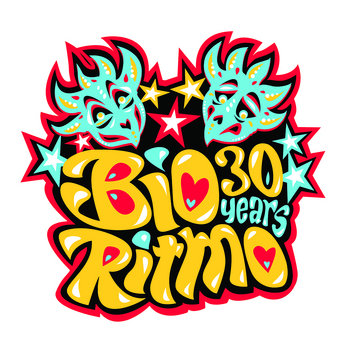

2 x Vinyl LP
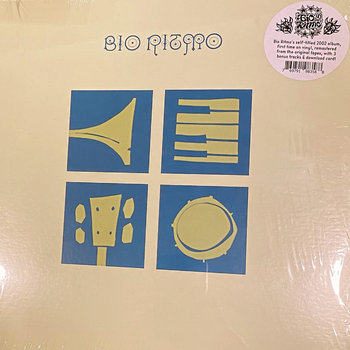

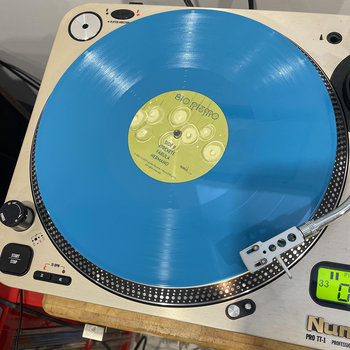
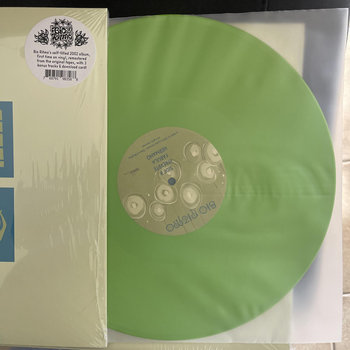
Originally released in 2004, Bio Ritmo is the fourth album by Bio Ritmo, a salsa orchestra based in Richmond, Virginia. Carefully remastered from the original tapes and lovingly reissued by Peace & Rhythm and Hyperopia Records, Bio Ritmo is a soaring combination of salsa dura and the group’s DIY indie salsa spirit: an unwavering commitment to music that spawns 30 years as a band and counting. With heartfelt vocals by Rei Álvarez and masterful piano guajeos by first-generation Chilean pianist Marlysse Simmons, the songs on Bio Ritmo are a reminder of the band’s work as one of the precursors of the present-day salsa revival.
The Mantecas
Black Nile

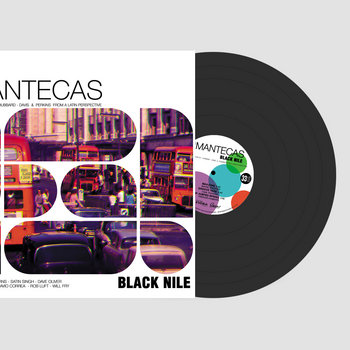

Vinyl LP

While revisiting classics such as Wayne Shorter’s “Black Nile” and Miles Davis’s “Blue in Green” might be an ambitious enterprise, The Mantecas’s debut album Black Nile does so with ease.
Perhaps a nod to the Afro-Cuban jazz standard “Manteca,” the London-based octet infuses the oeuvre of giants like John Coltrane and Wayne Shorter with wide-ranging Latin jazz sensibilities. On Black Nile, Shorter’s ecstatic composition “Mahjong” is remarkably reworked to include the raspy, rhythmic sound of the guiro and a boisterous wind section that is more Fania than Blue Note. Combining impressive playing, funk, cumbia, salsa, and boogaloo, The Mantecas makes known that like those that came before them, they are ready for the major leagues.
Agustín Pereyra Lucena
Agustin Pereyra Lucena




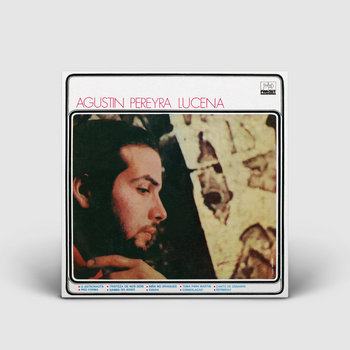



Vinyl LP, Compact Disc (CD)




“I think I never saw, with the exception of Baden Powell and Toquinho, anyone more linked to his instrument than Agustín Pereyra Lucena. It would give the impression that if the guitar were taken away from him, he would fade into music as one dies from the amputation of an arm.” These words, written by Brazilian poet and musician Vinicius de Moraes in the liner notes for Agustín Pereyra Lucena’s self-titled debut, became a promising endorsement for the young musician’s career. Released in 1970 when Lucena was 22, Agustin Pereyra Lucena showcases the Argentine guitarist and composer’s adoration for Brazilian music. Whether by flawlessly fingerpicking Powell’s classic “Canto de Ossanha” or through his own moving original composition “Niña No Divagues,” Lucena brings his porteño identity to warm sambas and timeless bossa novas.

